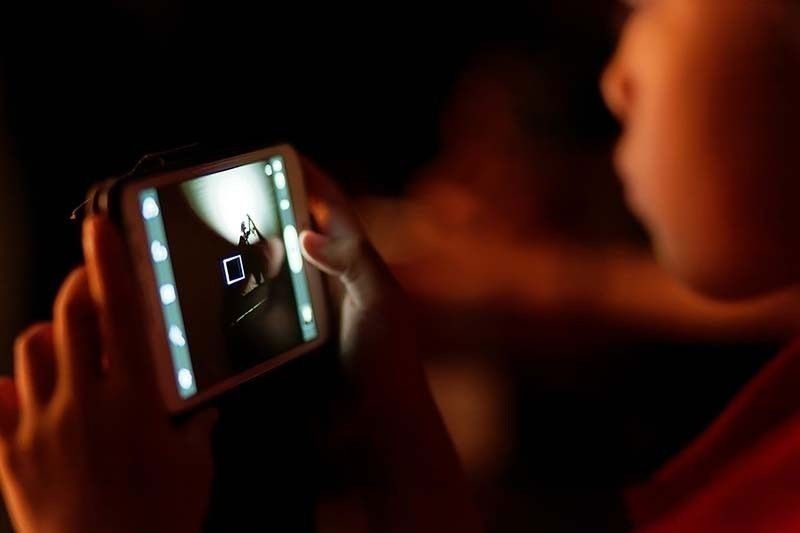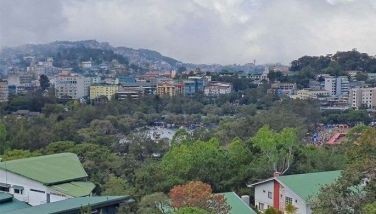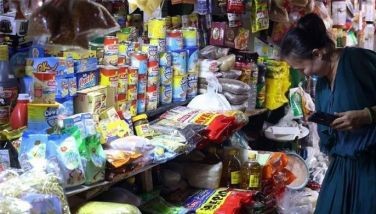Better protection vs online child sex exploitation sought on Int'l Day of Education

MANILA, Philippines — Government should work for stronger safeguards to curb cases of children sexually exploited online, the human rights commission said Sunday as the world marks the International Day of Education.
The agency's call follows after reports in late December 2020 that some students have resorted to selling lewd photos or videos to support their classes under distance learning as a result of the pandemic.
"Celebrating this year's Education Day [means] that all students are provided protection against exploitation and all forms of abuse," CHR said in a statement. "Protection of young people from all forms of abuse is among the obligations of the state."
Such incidents were reported to have been on the rise in the country at a time of a public health crisis whose social and economic impact have affected millions.
In just three months from March to May 2020, reported cases of online child sexual exploitation soared by 264%, with nearly 280,000 reported in Metro Manila alone.
A years-long international study has also found that the Philippines has become the world's largest source of OSEC incidents, with family members of children in large part responsible for the abuse.
The commission said the education department and schools should work to "ramp up efforts" of child protection committees in identifying cases of child abuse, which DepEd have since vowed to undertake.
But what's new and also significant in CHR's urging is for the National Telecommunications Commission to "equally remain vigilant" that internet service providers are blocking access to websites with child pornography.
"Failure of ISPs or reluctance to comply to measures that combat [cases] must be sanctioned," the agency said. "A holistic approach in ensuring the protection of children from all form of abuse also includes ensuring that they are well-informed of their rights and that they receive proper psychosocial support from their teachers and parents."
Distance learning classes in the Philippines began in October 2020 with over 25 million students enrolled, but it has since been hounded by difficulties ranging from gadget availability, internet access and errors in printed materials.
DepEd had pushed through with the move despite calls and warnings from groups that the issues could leave many behind, as is shown in final enrollment figures that two million students enrolled in 2019 opted to skip the present school year.
Justice Secretary Menardo Guevarra had since put to task the National Bureau of Investigation to crack down on human trafficking operations after the reported incidents in end-2020.
But despite the pronouncement, laws in the country have been determined by a group as lacking power to curb cases. The Child Rights Network said there remains no legislation that fully defines the scope of OSEC activities, such as recruitment, participation and setting penalties.
Senate Education Committee Chairman Sherwin Gatchalian, who had raised the "Christmas sale" incidents, had since filed a measure to strengthen anti-trafficking operations in the country.
Learning for millions in the Philippines had been affected largely due to the coronavirus pandemic, but plans from DepEd on resuming in-person classes remain unclear to date.
A pilot study was initially approved by the Duterte Cabinet last year, but was called off due to the threat of the new COVID-19 variant which now has infected several in the country.
- Latest
- Trending






























